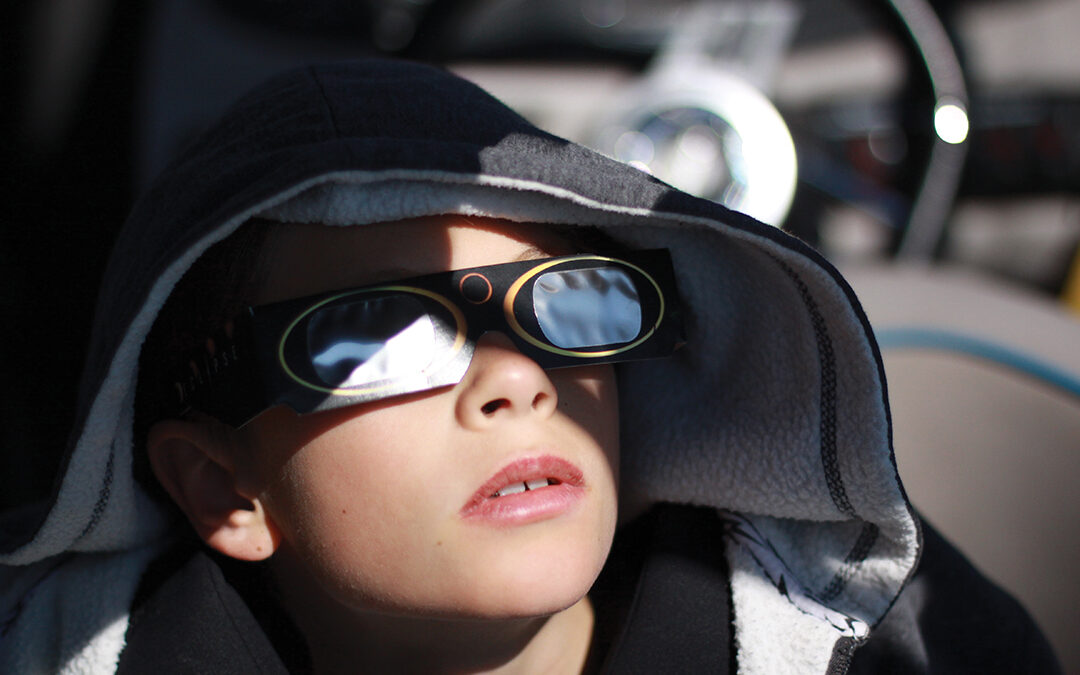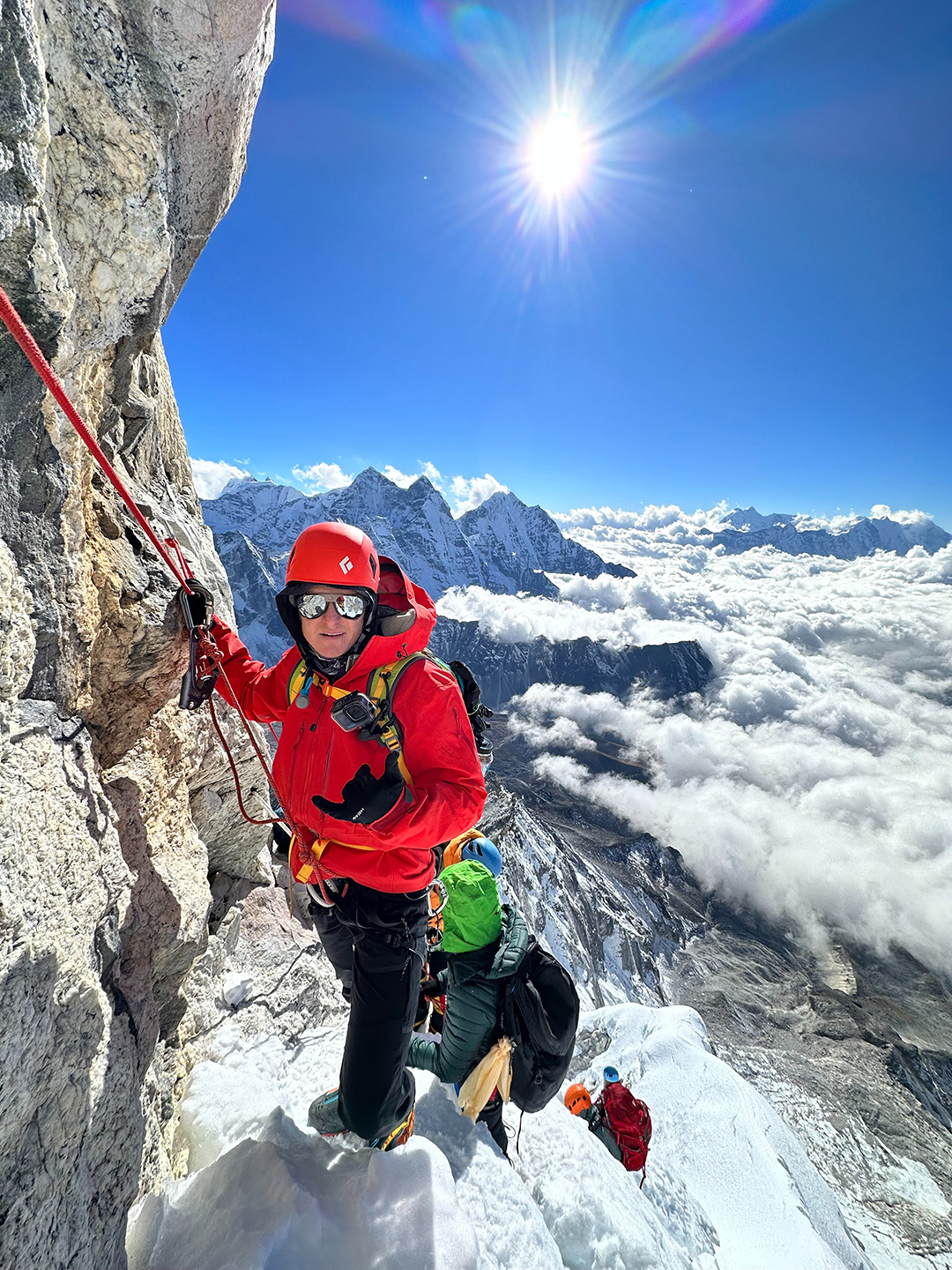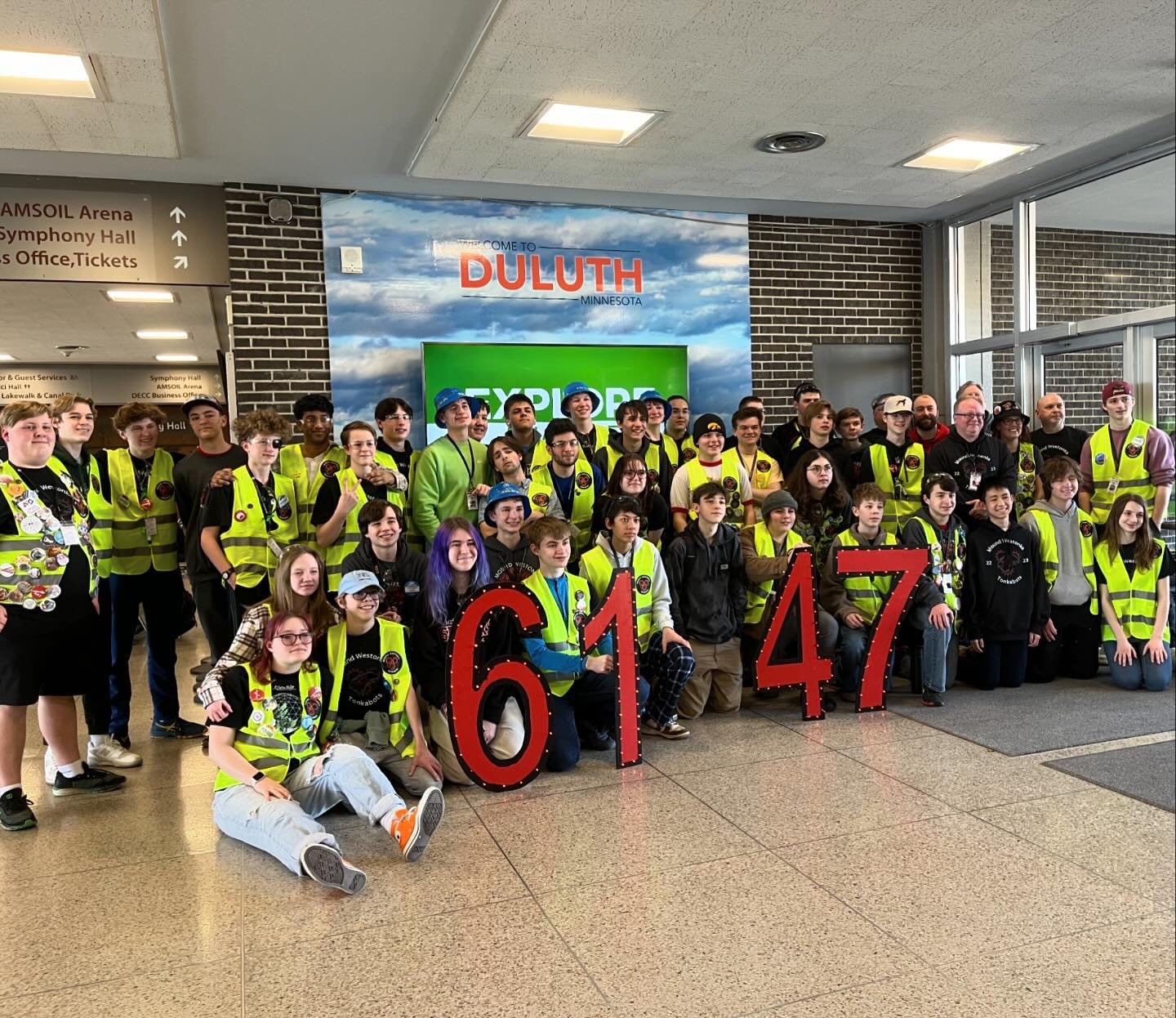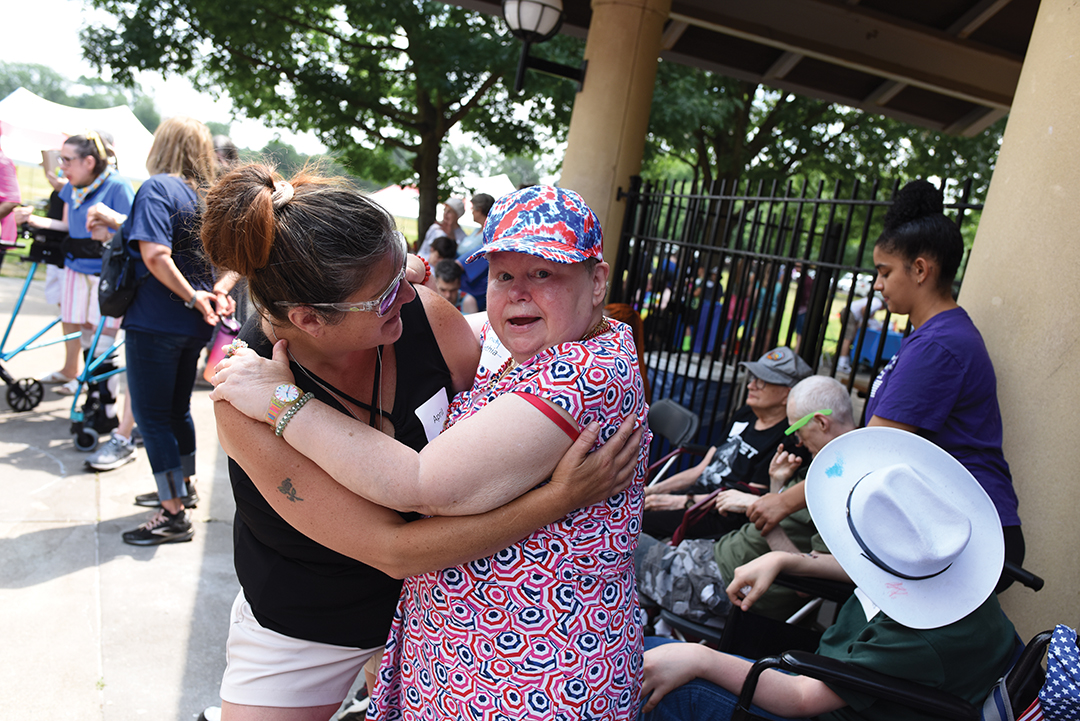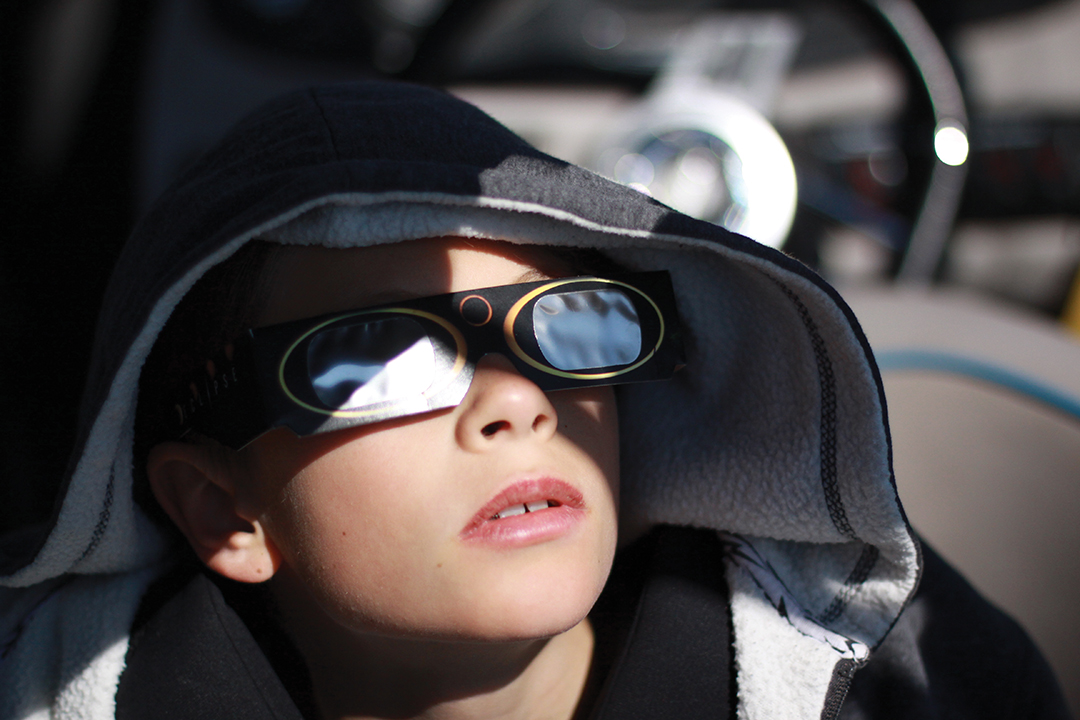
iStock/PeopleImages
Local therapist researches police response and mental health resources.
When local police officers initially respond to an emergency, they don’t often know the mental status of the individuals involved. Often, it’s difficult for police officers to gauge the mental health of those in crisis until they can thoroughly assess the situation—and sometimes that leads to tragedy, as anyone following the news these days knows.
That’s why Tammie Rosenbloom, MSW, LICSW, a therapist at Minnetonka Counseling, wanted to learn more about local police organizations’ responses to mental health crises. As Rosenbloom explains, her hopes for discovery and collaboration were inspired by the shooting and death last summer of a Chanhassen teen, whose family called the police for help. “I had heard the teen had been struggling with mental illness, played hockey and attended Minnetonka High School, the community we serve,” Rosenbloom says. “When I heard about this tragedy from a friend, I knew I had to reach out to the police. How could this have happened?
“We don’t want our families frightened to call the police,” Rosenbloom says. “I was seeking information from the Minnetonka Police Department (MPD), curious about what their mental health response protocols are and what kind of critical incident and de-escalating crisis training officers receive. Officer Scott Marks, the community engagement liaison officer with the MPD, agreed to attend our staff meeting in early October and this started our conversation.”
Marks shared at the meeting that the MPD is working on details of their Crisis Aftercare Program and they already have a local counseling agency committed to the project. “My understanding from what officer Marks said is that a police officer and mental health advocate will be following up with persons after they’ve received a 911 call to offer resources and see how people are coping. They will be working with children, teens and adults,” Rosenbloom says. “Officer Marks reminded us that they are trained as police officers, not mental health counselors. They are trained to respond with force if needed.”
Mental health 911 calls have increased in Minnetonka by 300 percent since 2005. Some callers have reached out to police more than 30 times in a six-month period. “We have a great crisis resource available in Hennepin County. Where there is no risk of violence or threat of weapons, families are recommended to call COPE (Community Outreach for Psychiatric Emergencies) instead of the police,” Rosenbloom says. COPE is a Hennepin County mobile crisis team that comes to your location to assess your family member. They have two teams—one treats adults 18 and older, and the other deals with children ages 17 and under. The mobile crisis teams respond to crises in Hennepin County, 24 hours a day, seven days a week.
Rosenbloom says, “Collaboration is essential. Mental health providers and the police department need to get the word out to residents, clients and families to call COPE when their loved one is in the midst of a mental health crisis.” She says COPE will help to de-escalate the crisis, provide a risk assessment, develop a plan to keep the adult or child safe at home, and offer resources and referrals. Telephone consultation is also available.
“Police don’t have expertise in mental health assessment, and seeing the police at your door may escalate an already agitated person,” Rosenbloom says. “Community members need opportunities to meet police in non-crisis times. Invite police to community meetings or PTA groups to speak. Create an environment where it’s encouraged to ask questions or voice concerns. Teens and adults need more exposure to police under normal daily circumstances.”
To learn more about COPE, click here. To call the adult helpline, dial 612.596.1223. For crises with individuals under 18, dial 612.348.2233.



